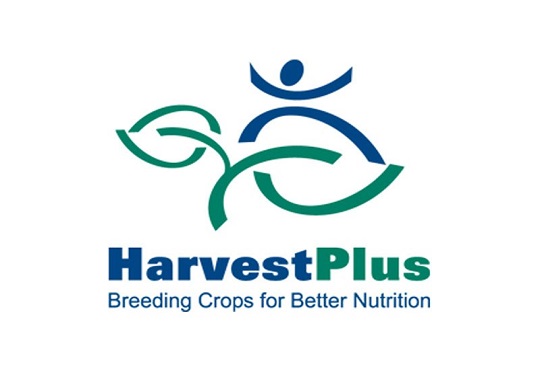Northern farmers urged to embrace new millet varieties
Farmers in the northern part of Nigeria have been charged to embrace the newly introduced iron-enriched pearl millet varieties to address malnutrition as well as increase yield for economic development of the region. Country Director of HarvestPlus Nigeria, Dr Yusuf Dollah, who made the call in Kano while formally introducing the new millet varieties to […]

HarvestPlus Nigeria
Farmers in the northern part of Nigeria have been charged to embrace the newly introduced iron-enriched pearl millet varieties to address malnutrition as well as increase yield for economic development of the region.
Country Director of HarvestPlus Nigeria, Dr Yusuf Dollah, who made the call in Kano while formally introducing the new millet varieties to farmers and extension workers, revealed that the maturity of the new varieties is between 72-75 days.
He said the collaborative efforts among HarvestPlus, the International Crops Research Institute for the Semi-Arid Tropics (ICRISAT) and the Lake Chad Research Institute (LCRI) have produced two iron-rich varieties (known as jirani and chakti), becoming the first biofortified varieties of pearl millets to be released in Africa.
Dollah said the initiative built on scaling efforts in India, where the number of farming households growing iron pearl millet had jumped to 395 per cent since 2021.
According to him, with the release of these varieties, Nigeria is well placed to contribute its quota in line with the UN declaration of 2023 as the International Year of the Millets, adding that smallholder farmers can now have access to naturally nutritious, climate-smart varieties of iron pearl millet to help address their need to improve their productivity and household nutrition in the face of global shocks.
“Eating iron pearl millet is a proven way to resolve iron deficiency and enhance the cognitive abilities of adolescents, India has done it and we can also do it,” he said.
Also speaking at the event, an extension worker and farmer, Sanusi Dankawo shared his experience with the Chakti millet variety, saying even though he got the variety late and planted it in July (2022) he was able to harvest earlier than the farmers that planted the usual varieties.
He also said the yield was higher than the previously existing varieties.
